Iranian approach towards the Afghanistan debacle
As the Taliban return to power in Afghanistan like never before, Iran adapts its stance by accepting them but with caution.
Recent developments in Afghanistan have emerged over a mosaic social and political infrastructure.
Iran calls for inter-Afghan relations and participation by all political factions—in solving the many problems in Afghanistan. But where called upon, Iran will help. The only question is how and in what capacity?
For some, help means taking up arms or sending in military consultants; those skeptical of the Taliban ask why Iran is not taking action against the Taliban as the Taliban had threatened to attack Iran 20 years ago.
It has been asserted that Iran was the most advanced regional force and the main force in destroying Daesh, so why did it not take action against the Taliban as though the lives of the people of Afghanistan are less worthy than the lives of the people of Iraq and Syria.
Some say Iran should get involved in Afghanistan as it has done in Syria and Iraq. But Iran can't have entered Afghanistan except upon that country's own request. Otherwise we'd be like America.
The nature of our presence in Iraq and Syria is such that the governments of those countries saw some alignment in the threats and opportunities for themselves and us, and that’s why we went there by governmental demand. The result was also positive, meaning that if any of the countries were left alone, maybe the political maps would have had to be redrawn.
Our stance regarding Iraq has been different. The former Afghan government never asked us for assistance or cooperation. That’s why we maintained the same relations with Afghanistan as we did with some of our neighbors.
Abolfazl Zohrevand, Former Ambassador to Afghanistan & Italy
In recent years Iran has not provided arms or financial assistance to the parties involved in Afghanistan so as not to be accused of supporting any one side.
Iran has indeed NEVER entered militarily or sent consultants into a country without the request of the legitimate governments or authorities of those countries, and so according to this strategy, it will not enter Afghanistan at this stage either.
On July 7 2021, Iran hosted talks between Taliban and Afghan government representatives in Tehran.
The former Iranian Foreign Minister, Mohammad Javad Zarif, used the meeting to celebrate the US departure from Afghanistan, whilst warning that continuing clashes between Taliban fighters and the Afghan government would be costly.
The US military exit from Afghanistan is due to be completed by August 31. In the meantime, Iranian policymakers are strategizing about their future approach toward Afghanistan. This is a far cry from how things were 20 years ago.
The attack on the Iranian consulate by the Taliban and the killing of Iranian diplomats was the culmination of hostilities at that time.
The Taliban claimed responsibility. Iran defended its anti-Taliban actions at the time, but even then refused to enter the country.
As I said before, we have a lot in common with the Islamic Republic of Iran. We all live in Asia. We need to strengthen our bilateral relations and make progress. That is why we need to have very good relations with each other, so that we can serve our nations.
Mullah Khairullah Khairkhwa, Senior Taliban Official
We reached an agreement based on old agreements, going back 100 years, over the Helmand River waters. But we haven’t been able to use the water for the past 20 years.
This has had a negative impact on the economy of Sistan and Baluchestan and South Khorasan Provinces.
To solve the issue, we need to engage in negotiations. There are other instances, like economic ties. We have 3.6 billion dollars worth of currency transactions with Afghanistan. This can reach a 10-billion-dollar mark in a couple of years, which would both benefit the people of Afghanistan and the Islamic Republic of Iran.
Iran first needs security in Afghanistan and it looks for the peaceful means to achieve this end with all Afghan factions reaching a mutual understanding.
On Sunday August the 15th, after Kabul was taken by the Taliban, Iranian foreign minister Mohammad Javad Zarif welcomed the formation of a coordination council, which is remembered as Iran’s first major reaction.
“We hope that it can lead to dialogue and a peaceful transition in Afghanistan,” Zarif tweeted, as violence, war and occupation never solve problems.
The slightest insecurity equals a rush Afghans to Iran. In fact, Iran suffers the most from any insecurity in Afghanistan compared to other countries.
What is your evaluation of Iran's stance toward Afghanistan; has it jumped ship or is it naturally acting in favour of its own national interests?
Today as the developments in Afghanistan show that the former government is gone and that the Taliban is taking over the country we will continue to use our 20-year-long relations with the Taliban to stabilize the security and political situation of Afghanistan.
This is both to the benefit of the Afghan nation, and in line with the national interests of Iran.
Sa’dollah Zarei, Andishe Sazan-e Noor Inst. for Strategic Studies
The Taliban has its own incentives for relations with Iran. They would not want to risk alienating this country. Because Iran’s support for the Northern Alliance of anti-Taliban forces played a key role in the toppling of the Taliban, as did its discreet backing of the 2001 US-led NATO invasion; as the Atlantic Council puts it.
In short, conflict with Iran is bad for business. The Iran-Afghanistan border includes several lucrative trade routes.
And beyond sectarian differences, both Iran and the Taliban share an ideological antipathy toward the United States and the west in general.
The Americans continued the war for 20 years and 150,000 foreign troops came to Afghanistan and they trained some of their forces here in Afghanistan, but they could not establish security and overcome the Islamic Emirate.
Because when someone enters someone's house and fights there, the owner of the house will fight back as long as he lives.
And if the Americans want to return, the same process of 20 years ago will be repeated.
It is no use for them, nor is it of any use for us.
Mullah Khairullah Khairkhwa, Senior Taliban Official
For Iran, the benefits of good Tehran-new Taliban ties are less obvious. Iran did also have excellent contacts and significant influence, however, with Afghanistan’s Hamed Karzai and Ashraf Ghani governments.
This country’s emerging status as a Taliban interlocutor has won it some diplomatic influence, say from India, which has sought to reach out to Tehran as a channel to the Taliban.
Yes, some people are asking in Iran why we didn’t strongly support the Democratic government of former Afghan President Ashraf Ghani.
They demand that we endanger the status of the Islamic Republic to throw our weight behind a government that doesn’t have any roots, powers, legitimacy, or popularity.
It was called a Democratic government, but I don’t know how it could be regarded as such.
Only 1.8 million people participated in the Afghan elections two years ago. This is while over 20 million voters have been eligible to cast their ballots in the 40-million-strong nation.
What type of democracy is that?
And this so-called democratic government never showed any cooperation with the Islamic Republic of Iran. Over the past few years, they’ve been ignoring our rights to the Hirmand River.
Sa’dollah Zarei, Andishe Sazan-e Noor Inst. for Strategic Studies
Looking at the Taliban’s recent promises and governing doctrine, the group has rationalized with experience gained over the years. But its past does echo a cautionary tale.
Thousands of Afghans are already heading to Iran for fear of a radical interpretation of Islam.
One wonders if the Taliban, after convincing all sides of its inclusiveness and peaceful intentions, might not get ideas about reviving a greater Khorasan or sowing discord between Iran’s south-eastern Sistan Baluchestan province and the rest o the country.
Well, when considering foreign policy, the future can’t be foretold. Our situation with the Taliban is such that we’ve had relations and agreements. The Taliban maintain that they remain committed to the obligations and are carrying them out.
For example, the Hirmand River is now flowing inside Sistan and Baluchestan plains. They’re saying they’re committed. Therefore, there’s no indication that the Taliban will turn into a security issue in the future.
Hypothetically, if this is the case, we’ll decide our next steps then. We’re not a weak country; we can repel any aggression.
Sa’dollah Zarei, Andishe Sazan-e Noor Inst. for Strategic Studies
The return of Afghan immigrants to their country is economically beneficial for Iran and even Afghanistan. These immigrants have been working and studying [in Iran] for many years and are considered skilled workers [now]; beneficial for Afghanistan.
And as for Iran, this country could lighten its population load given its gasping economy further strangulated by US sanctions and the corona pandemic. The pressure on health care, education and subsidies is paramount.
Afghan security and preventing a flood of migration into Iran is of paramount importance to this country.
How does this approach affect Iran's stance toward inter-Afghan relations and its call for all Afghan factions to partake in solving their country's problems?
Our relationship with Afghanistan can impact our security.
One example is the issue of immigrants. Others are drug-related problems and the presence of Takfiri terrorists like Daesh and al-Qaeda that have been affecting the world.
The other issue is that every time Afghanistan is hit with a crisis, we’ll see a rise in the number of asylum-seekers.
Our economic ties with Afghanistan have been affected. The Central Asian country imports 90-percent of the goods it needs. At the moment when unemployment is rampant and concerns are heightened, the economy is stalled.
This has impacted Afghanistan’s imports from Iran. These lead us to stay sensitive about the developments in the country.
Abolfazl Zohrevand, Iran’s Former Ambassador to Afghanistan
Over 3 million Afghans known to be living in Iran
According to Government figures given in October 2020, on which consultations are ongoing, 800,000 refugees live in Iran. That is 780,000 Afghans and 20,000 Iraqis.
But some 2 million undocumented Afghans and nearly 600,000 Afghan-passport holders also live in Iran, with Iranian visas.
Iran wants the withdrawal of extra-regional forces from Afghanistan because it believes that their presence is equal to the destruction of security.
The Americans had come to stay for at least 70-80 years. But why are they leaving now? Because they suffered a huge defeat.
The Americans claim to have spent 2 trillion dollars in the war. And at least 6,000 American soldiers were killed in the country, and the death toll was steadily rising.
On the other hand, they did not create any logical rationale that would justify their stay for the world. So they withdrew with shame.
What you refer to as the problem in Afghanistan wasn’t caused by the US withdrawal in the past two weeks it was created by the US military deployment to Afghanistan.
Sa’dollah Zarei, Andishe Sazan-e Noor Inst. for Strategic Studies
The problem is that after twenty years, the United States failed to achieve its goal of eliminating the Taliban.
In practice, the Taliban was able to establish itself as an ethnic and religious force to the extent that they effectively challenged the power of the central government and brought international powers to the negotiating table.
Knowing this, and seeing the US defeat at the hands of indigenous Taliban forces, Iran decided to encourage inter-Afghan talks. In these negotiations, the Taliban agreed to recognize the rights of all ethnic and religious minorities if they won.
Dissatisfaction of the Afghan people
It was the dissatisfaction of the Afghan people with the corruption and inefficiency of the US-backed government reduced their interest in the central government to almost zero with rampant corruption and also a dearth of development.
Perhaps this was the reason for the Taliban's advancing into all districts, almost uncontested.
The rapid advancements of the Taliban, which astonished the international community, including its neighbors, called for us to monitor the situation more closely.
What is important for us is observing the kind of action Afghan society and people will take towards this development and how they will adapt themselves to it.
As a country that has always stood by the Afghan people, we are monitoring the developments and the type of interaction of the Taliban with the people of Afghanistan and the structure that they are set to present in the political system of this country and see how the people will cooperate with them.
Abolfazl Zohrevand, Iran’s Former Ambassador to Afghanistan
The central government of Afghanistan, with its catastrophic defeat, has shown that twenty years of US presence in this country have not been to build a strong system.
The goal of the United States was simply to have a military presence in the country and, perhaps, to prevent it from becoming secure.
On the first day, the Americans claimed that they were going to build a government and a nation in Afghanistan. Today they say that their goal wasn’t nation-building.
It’s in stark contrast to their position 20 years ago. They killed Bin Laden during the early days. What else would have justified their presence there? That’s why they’re not telling the facts.
The other point is that the Afghan army, which received 88 billion dollars of U- assistance, was so disorganized that the replacement of a few commanders led to its dissolution.
This shows that the Americans haven’t even been successful in army-building (let alone nation building).
Abolfazl Zohrevand, Iran’s Former Ambassador to Afghanistan
The UNHCR for its part urged the international community to "step up immediate and sustained support to both Afghanistan and its neighbors in a spirit of responsibility and burden-sharing."
But it also appealed to the Iranian government to continue its tradition of hospitality in hosting Afghans fleeing conflicts and violence for over 40 years.
Whichever Afghan group gets a majority vote Iran will, as it has always done, call for the security of the Shiite minority in Afghanistan.
Iran's anti-Taliban approach in the past was due to their threats against this country. In fact, Iran has repeatedly warned that it will respond to any action against its interests.
The Taliban have sought to accommodate Iran so as to expand their portfolio of diplomatic support beyond Pakistan.
Last year they appointed a Shia cleric from the Hazara community as a district governor in northern Afghanistan.
The Taliban have regularly condemned attacks on Shia mosques and districts of Afghanistan, presumably being carried out by the local branch of the terror group Daesh (known as ISIS in the world of the west).
Daesh is hostile to both Iran and the Taliban. Most recently the Taliban vehemently denied any link to a horrific attack on a girls’ school in western Kabul; in a mostly Shia district.
They also allowed Shias to commemorate Ashura this year in Mazar-i-Sharif.
Ashura is the day the Shia leader Imam Hossein PBUH was martyred.
Soheil Shahini is a Taliban spokesman. He explains what the situation for women and girls would be under the Taliban.
The girls are going to school; there is not hurdle and the female teachers have resumed to their jobs so we have no problem of women having access to education and to work but they should observe Islamic hijab.
I think there is no question about women’s rights because all women here have them but it is just a question of hijab.
The western countries, as part of their culture, believe that girls and women can seek education without hijab but we as an Islamic society and Muslim believe that women can have access to education with hijab.
Soheil Shahin, Taliban Spokesperson
The Afghan ethnic composition
From a religious standpoint Afghanistan has a homogenous nation, but from an ethnic point of view it is not.
The defining factor for the Taliban is their ethnicity rather than their faith. They’re mostly representing Pashtuns in Afghan society. Therefore, a stable government can’t be formed in the country without proper regard for the other ethnicities’ share in the power.
Ethnic tensions have been the cause of the conflict over the past 30 years since the Soviet occupation of the country ended.
Sa’dollah Zarei, Andishe Sazan-e Noor Inst. for Strategic Studies
Ultimately, Iran is trying to respect the rights of different minorities as much as possible and to have a share in the power structure for each. Also, by proposing negotiations between the various groups, it is trying to encourage them to reach a peaceful agreement so that we do not see war and conflict in this country again.
Trump floats ‘Dream Military’ fueled by record $1.5-trillion budget
Iran: US interventionism aimed at inciting violence, terrorism
VIDEO | Tunisian parties denounce Trump’s foreign policy as violation of intl. law
Trump’s immigration crackdown turns deadly; president says killer acted in ‘self-defense’
VIDEO | Trump renews highly aggressive rhetoric towards Iran
VIDEO | Transatlantic tensions: Greenland
VIDEO | Yemen’s Saudi-backed government expands control amid coalition strikes on separatists
Iran expects slight increase in domestic wheat purchases


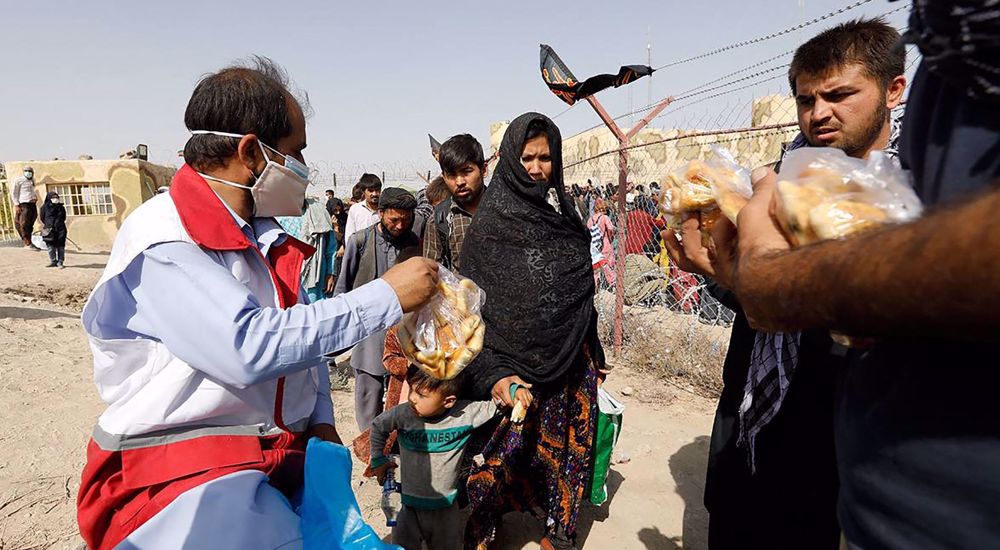
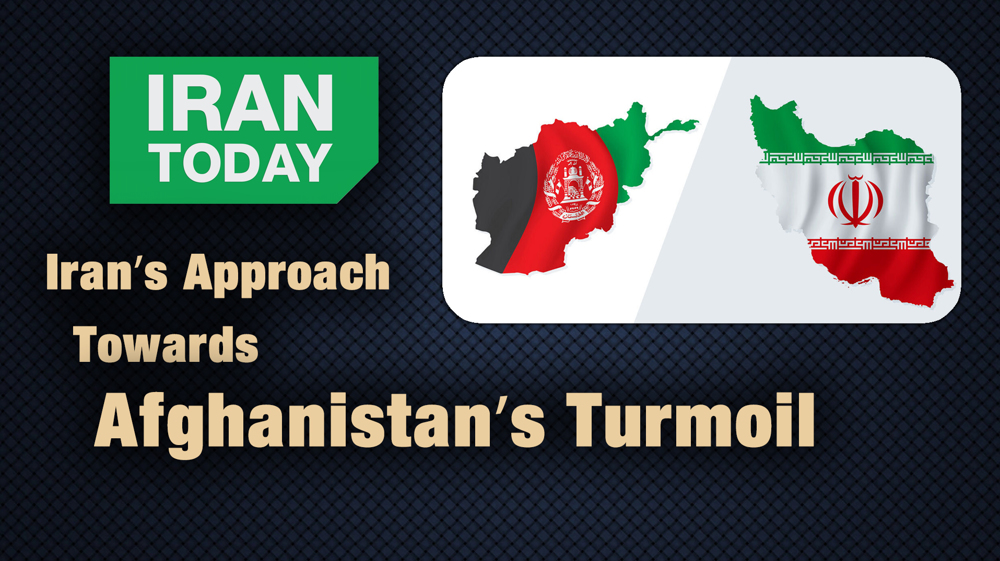
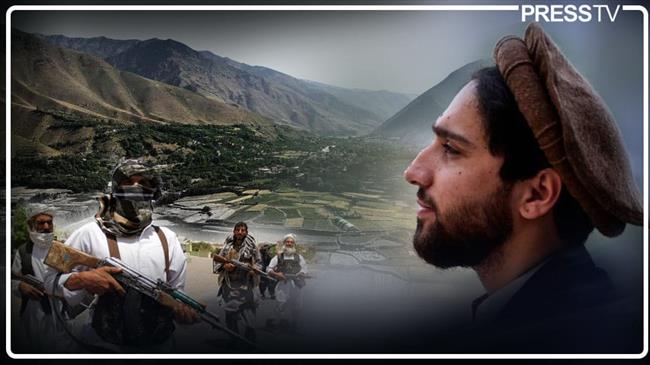
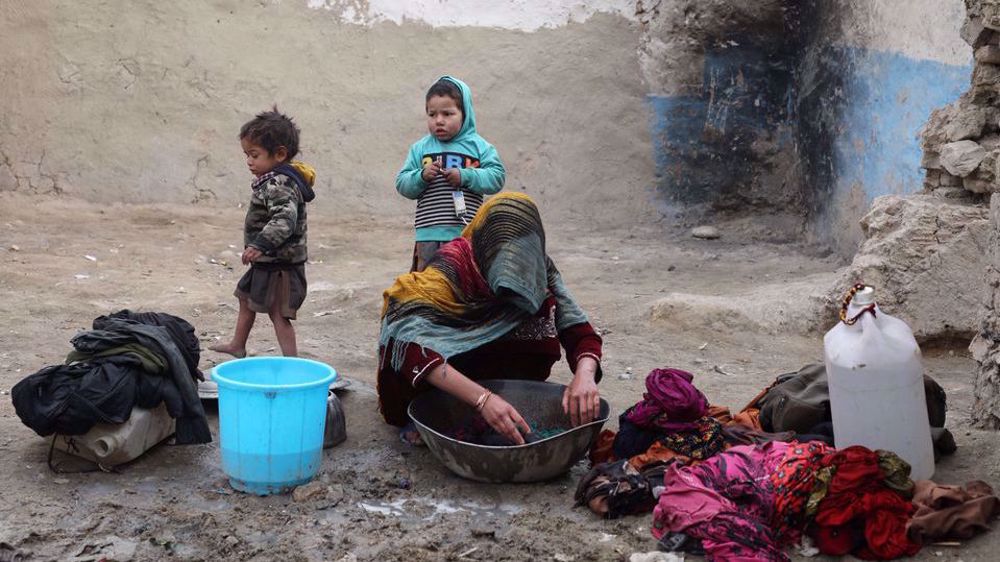
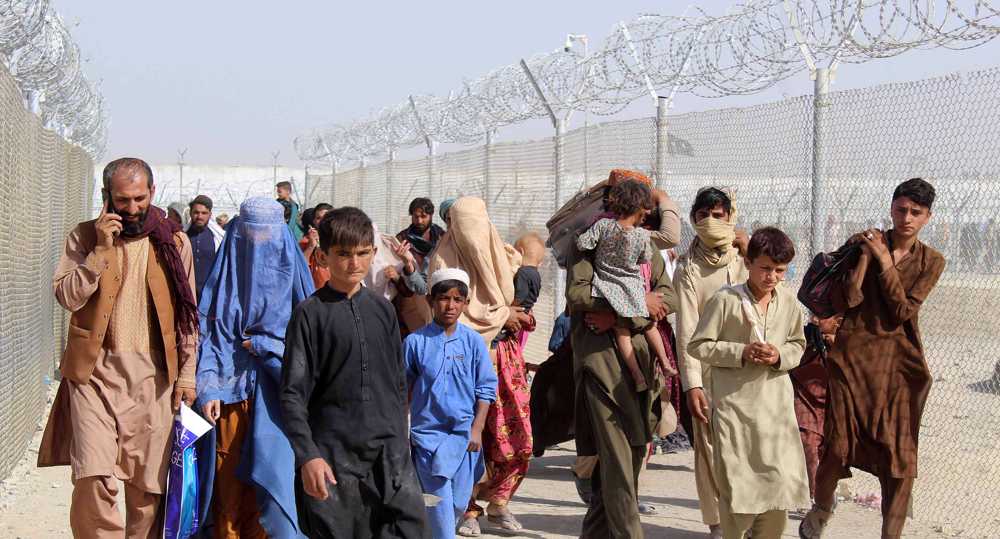
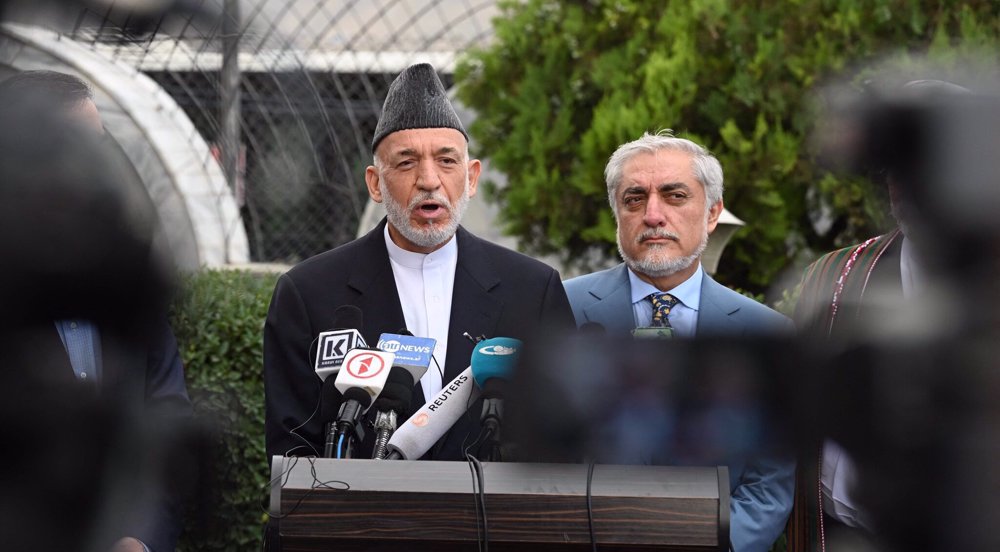
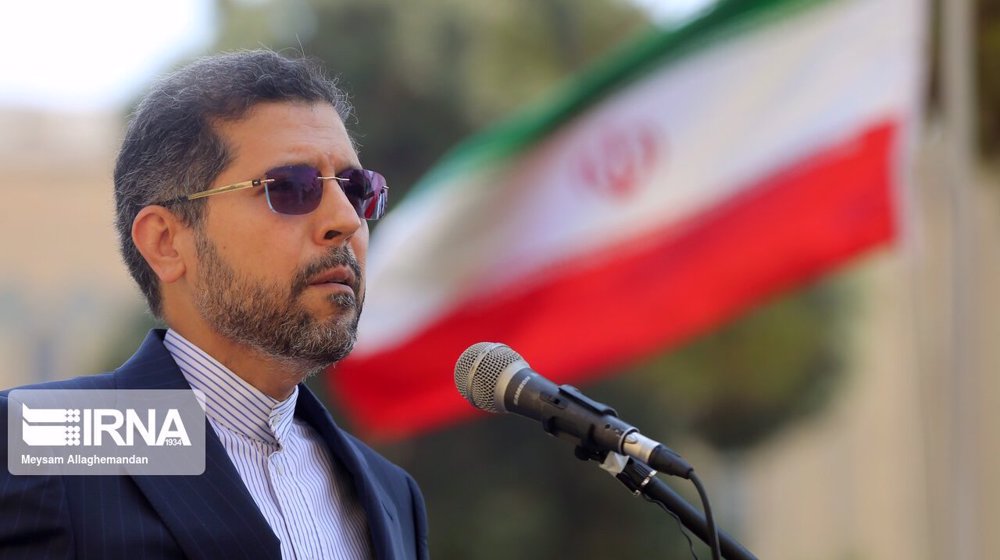
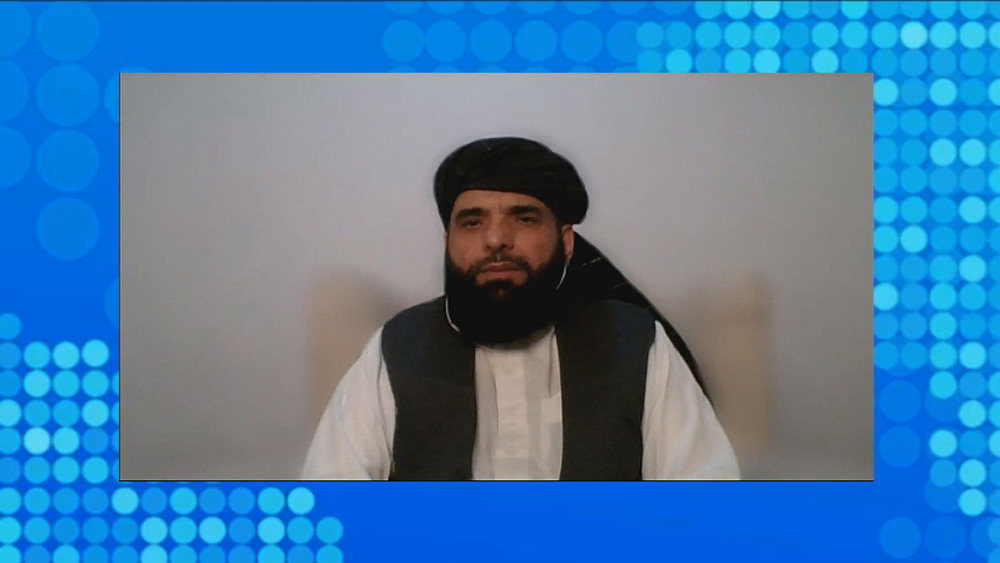
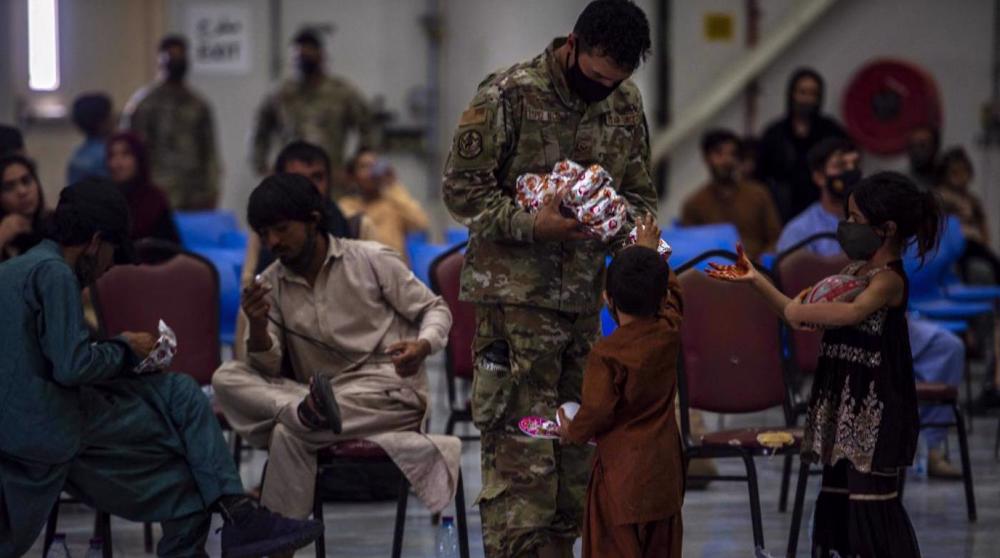
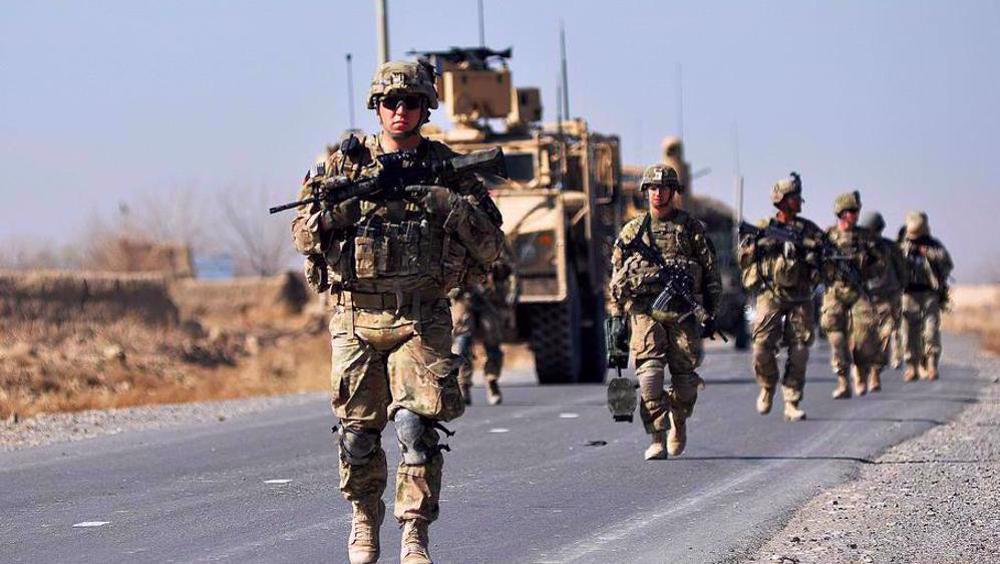
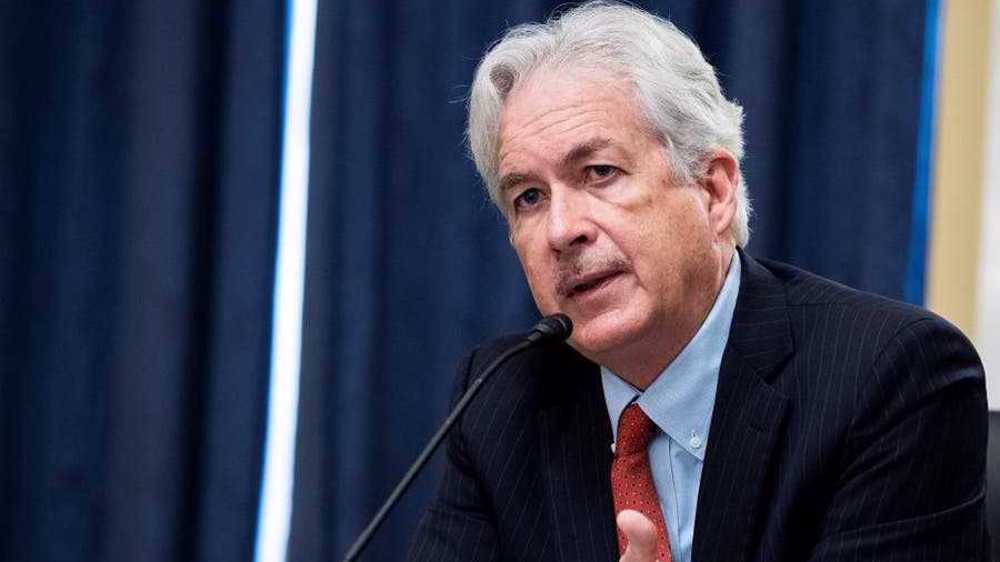
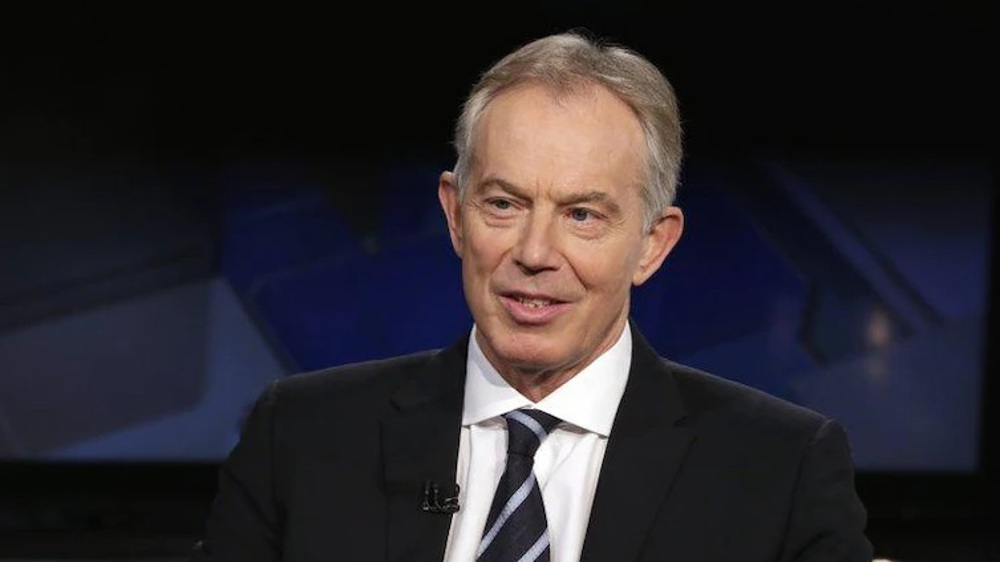
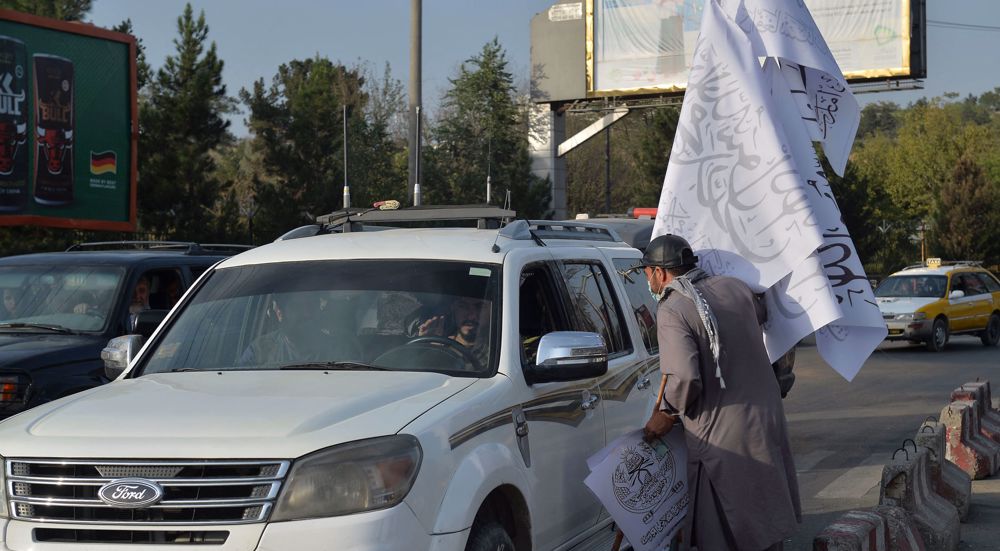
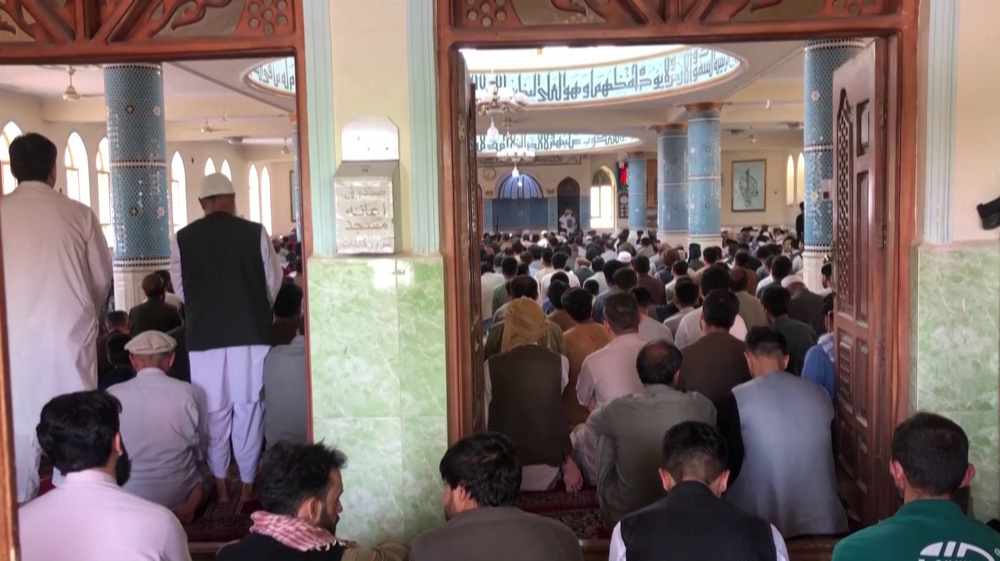


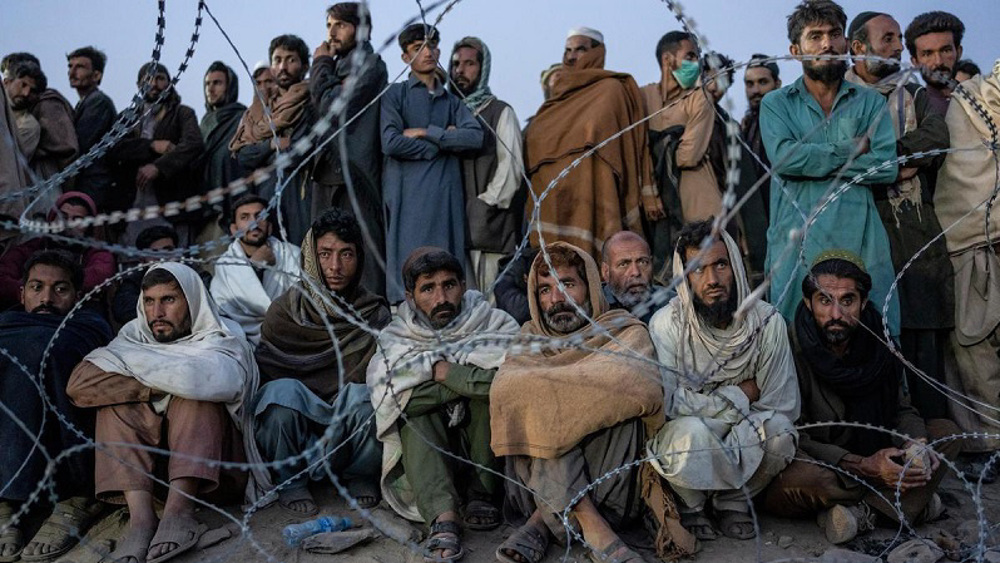



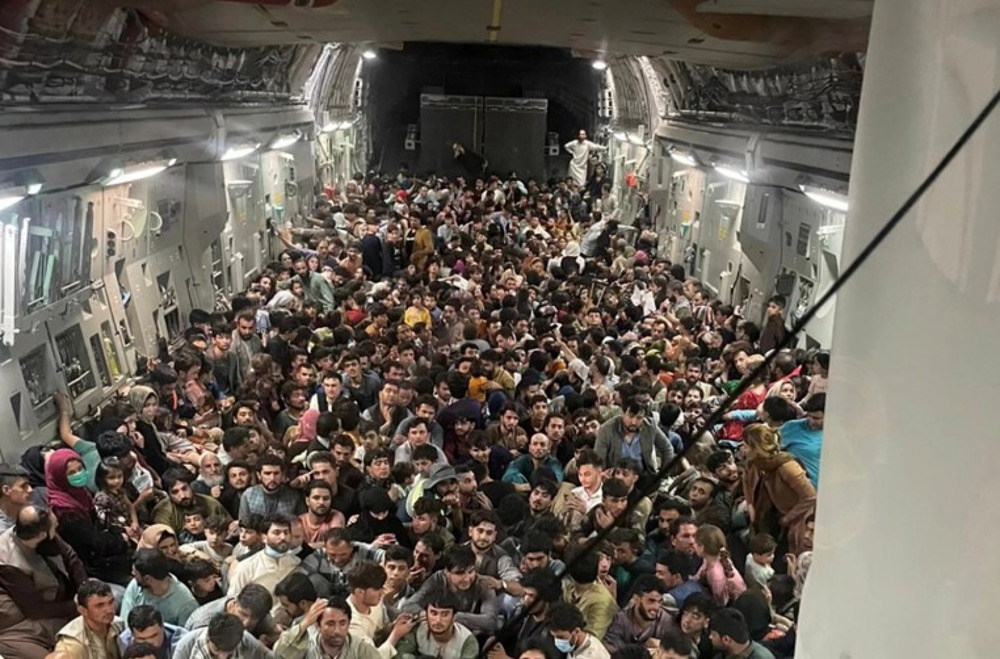
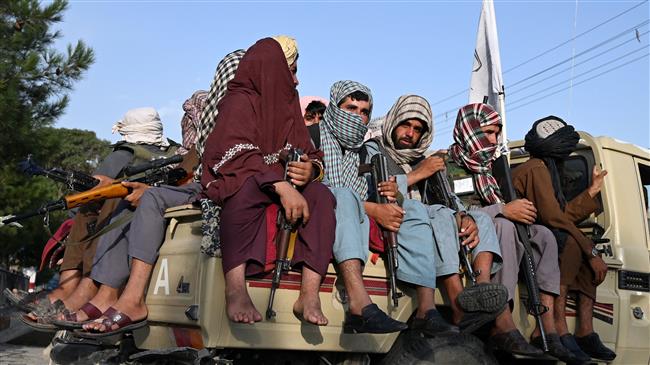
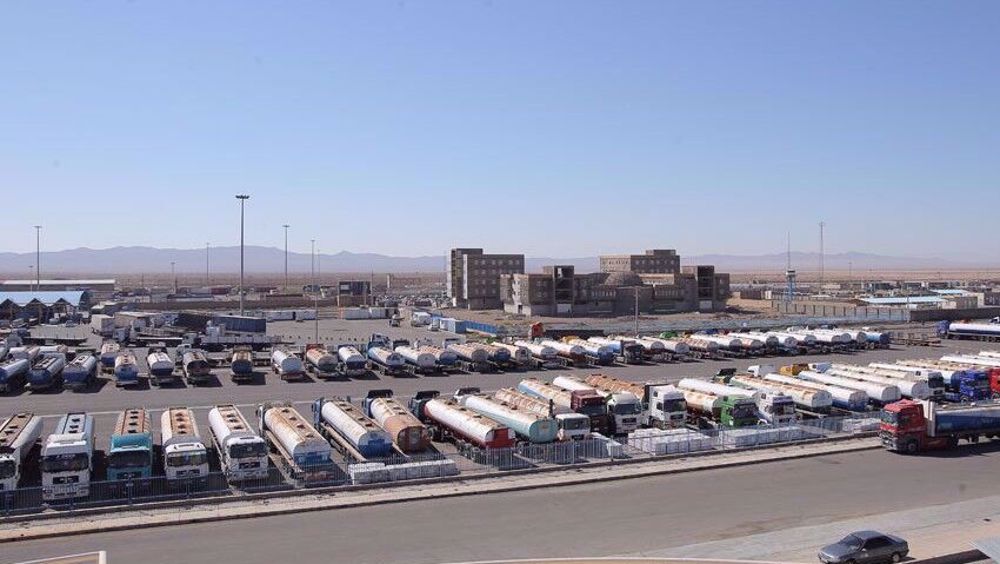
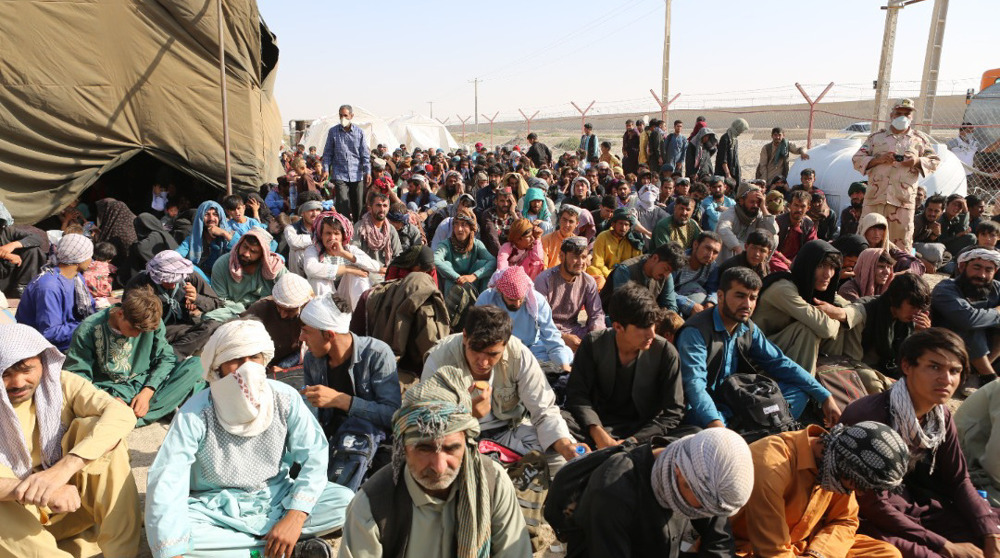
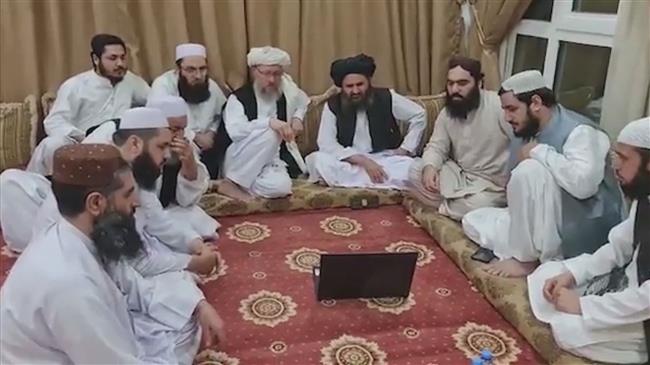
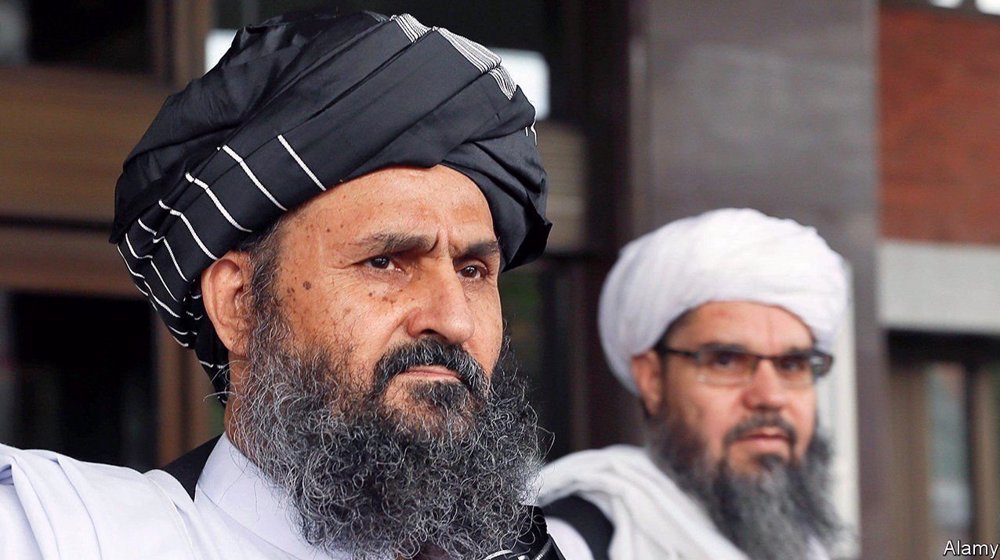
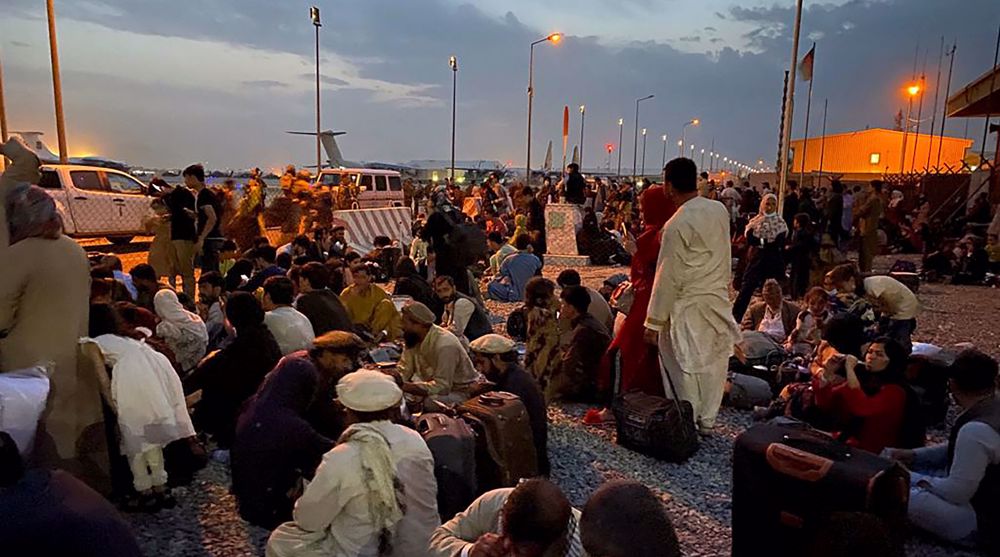
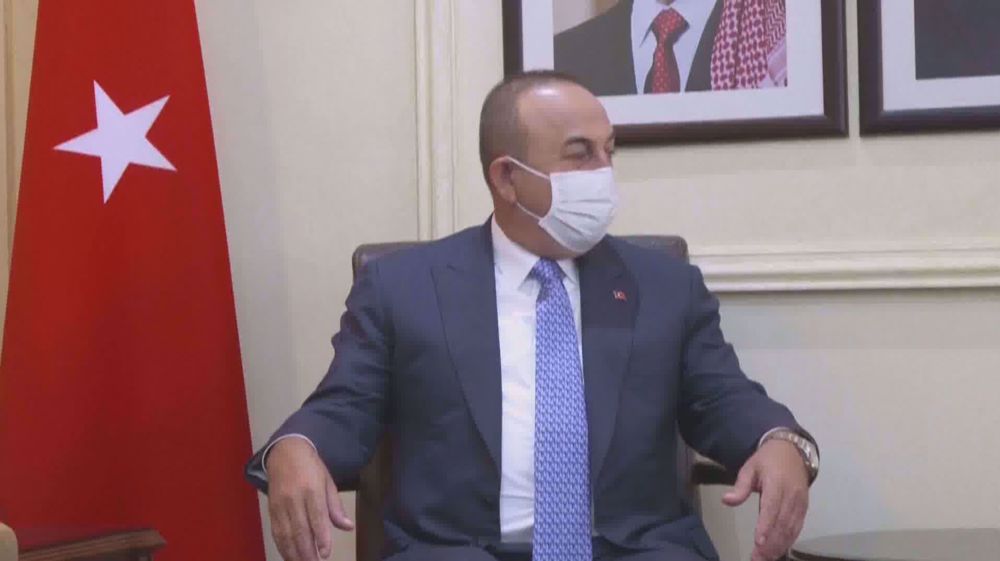

 This makes it easy to access the Press TV website
This makes it easy to access the Press TV website